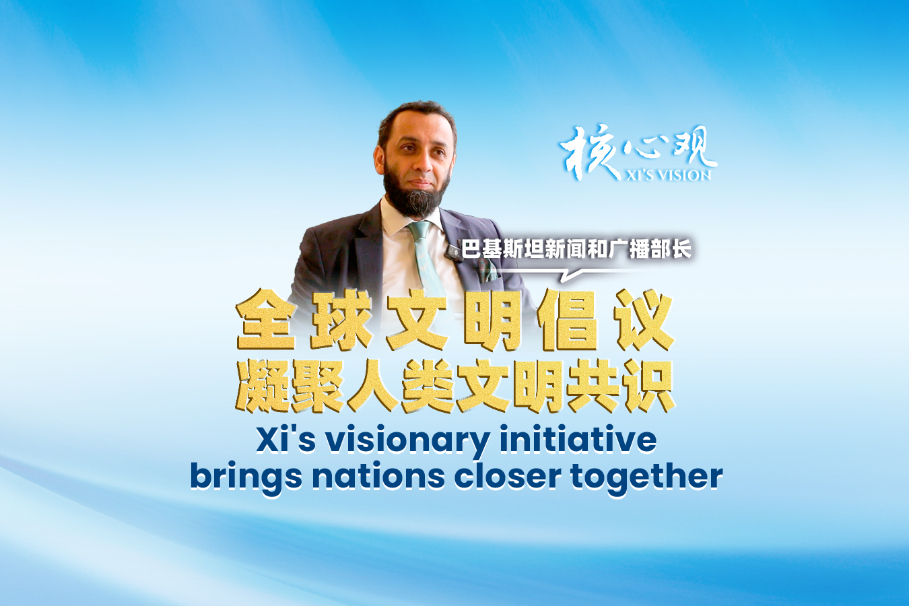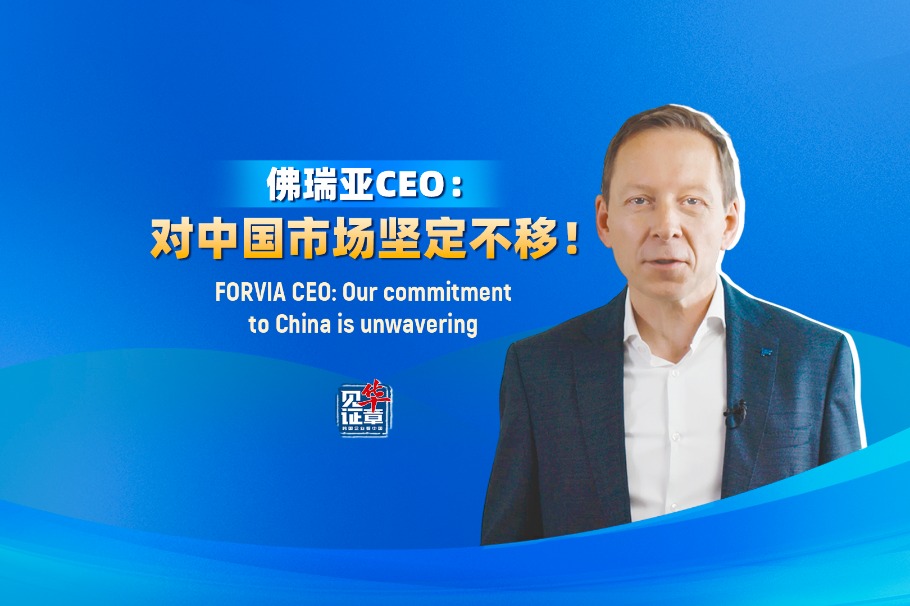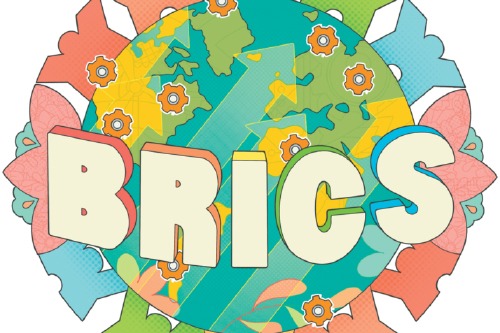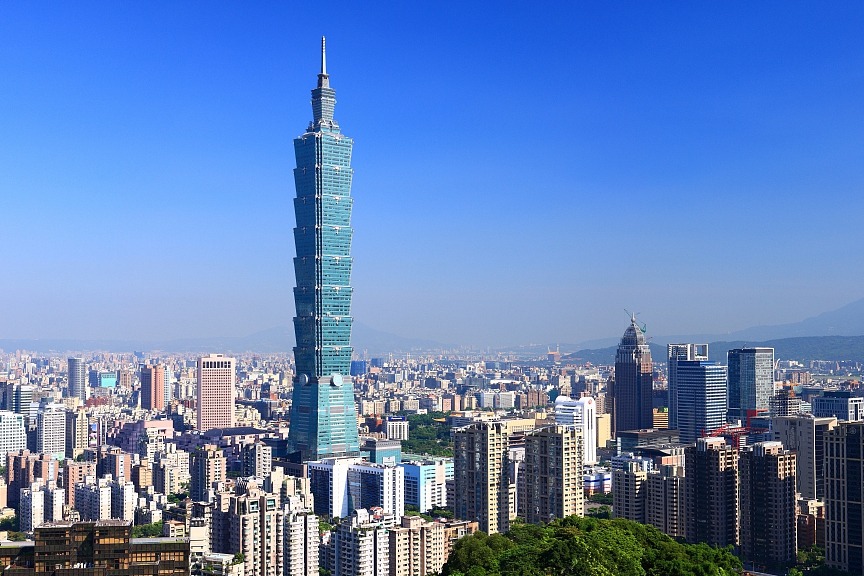Lai's lectures blare division, no 'unity'

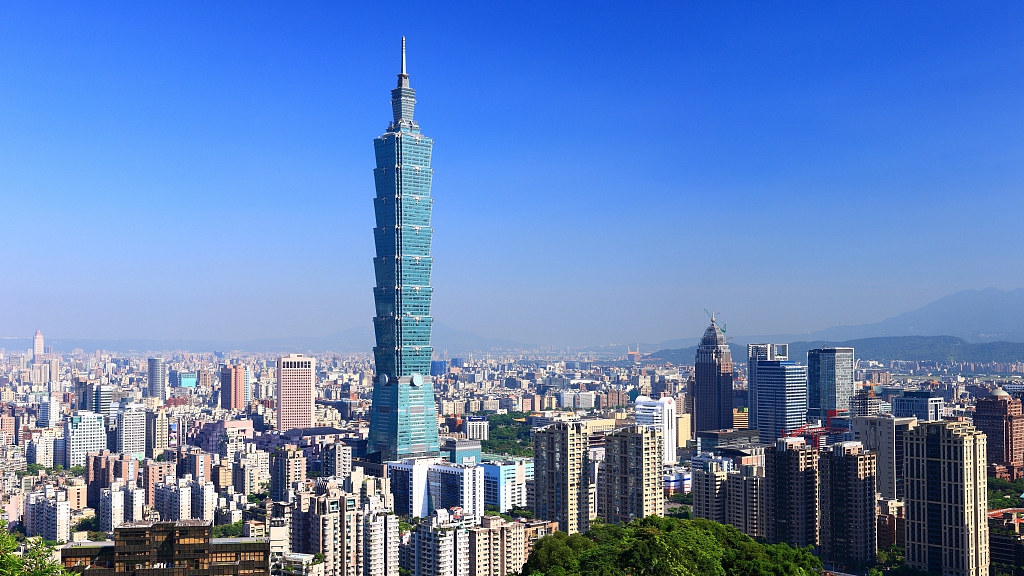
Taiwan leader Lai Ching-te's so-called "ten lectures on unity" — he has delivered only four — is not a call for "national unity "but a calculated "legal offensive" by separatist forces in Taiwan to systematically repackage the "Taiwan independence "agenda. By weaving together historical, cultural, political, legal and international rhetoric, Lai is trying to develop a new theory of "comprehensive independence".
As a self-proclaimed "pragmatic worker for Taiwan independence", Lai has made separatism his political identity and mission. His ambition is to exploit every opportunity to pursue "Taiwan independence" and position himself as a "player", not a pawn, in the geopolitics surrounding Taiwan.
But his so-called "unity doctrine" is a disjointed compilation of political rhetoric, which lacks historical and legal basis. His rhetoric on subjects like "nationhood", "unity", "statute", and "national defense" is wrapped in populist language. Most alarmingly, his arguments distort the legal foundation of the 1992 Consensus, posing a serious threat to cross-Strait relations, the international legal order, and regional peace and stability.
Lai's legal claims for "Taiwan independence" are based on six main points: denying that "Taiwan has ever been part of China"; arguing that "Taiwan's modernization and international character are the result of Western colonialism, with deeper links to the Netherlands, Spain and Japan than the Chinese mainland"; claiming that "Taiwan is part of the Austronesian (language) family and not the Chinese family", and therefore "has the right to national self-determination";asserting that "UN General Assembly Resolution 2758 did not resolve Taiwan's status", and hence "Taiwan has the right to join the United Nations"; claiming that "Taiwan and the mainland are separate, sovereign entities"; and insisting that "the future of Taiwan be decided solely by its 23 million residents".
These denials and claims strike at the heart of the 1992 Consensus that there is only one China and, therefore, must be firmly refuted.
First, that Taiwan has been part of China since ancient times is based on historical facts that China has always been one unified country, and its territories, including Taiwan, are inseparable. In contrast, Lai's argument borrows from colonial notions of statehood, in which sovereignty is acquired through occupation, declaration and prolonged control.
This Western legal framework, designed to divide colonial territories, doesn't reflect the organic formation of nation-states such as China.
Second, Taiwan's colonial past does not alter its legal status as Chinese territory. Lai highlights the influence of Dutch, Spanish, and Japanese cultures on Taiwan residents as if they granted Taiwan a separate global identity. This is both misleading and disgraceful. Colonialism is universally condemned today, and colonial rule does not confer sovereignty. UN resolutions on decolonization are based precisely on this principle. Although Taiwan was occupied by foreign powers for some time, none of this changed its legal identity as a Chinese territory.
Third, Taiwan's return to China was a direct outcome of the Allied forces' victory in World War II and its legal legacy. Despite foreign occupation and conflict, the Chinese nation never gave up its sovereignty over Taiwan. After all, the Chinese people on both sides of the Taiwan Strait jointly resisted foreign invaders, reinforcing shared Chinese identity.
This year marks the 80th anniversary of the victory in World War II and the end of Japan's colonial rule in Taiwan. The Cairo Declaration and Potsdam Proclamation affirmed that Taiwan will be returned to China. And in 1945, the Chinese government took over Taiwan.
Although political changes in 1949 led to the establishment of separate administrations across the Strait, it did not alter Taiwan's legal status as part of China. Lai has cited the 1951 San Francisco Peace Treaty to claim Taiwan is a "separate country". But this contention is legally invalid because the treaty excluded China and promoted Cold War agendas. And a unilateral agreement has no validity in international law.
The legal foundation laid by postwar treaties and the fact that both sides of the Strait belong to one China gave rise to the 1992 Consensus, which remains essential for the peaceful reunification of Taiwan with the motherland, which Lai is vehemently opposed to.
And fourth, although the People's Republic of China was founded in 1949, it had to wait until 1971 for rightful seat in the UN to be restored because of Cold War divisions and Western intervention. UN General Assembly Resolution 2758 conclusively resolved the issue of Beijing's representation and Taiwan's legal status, restoring Beijing's lawful representation and expelling Taiwan's representatives from the UN.
Yet separatist forces on the island and their Western backers continue to twist the resolution's meaning, pushing the false narrative of "undetermined status".US laws such as the "Taiwan International Solidarity Act", and Lai's "diplomatic breakthroughs" are aimed at creating a legal basis for "two Chinas" or "one China, one Taiwan". But the UN and most of the countries across the world continue to abide by the one-China principle, making "Taiwan independence" impossible.
In short, that Taiwan is an integral part of China is a historical and legal fact. The international community rejects Lai's separatist claims. What Lai calls a legal theory is, in fact, an opportunistic fantasy, legally baseless, politically destabilizing and practically impossible.
By promoting this illusion, Lai is trying to not only undermine regional peace; he has also exposed the inherent contradictions and dangers of so-called "legal Taiwan independence". The more these ideas are promoted, the more clearly the international community, and residents on both sides of the Strait will accept the reality that there is only one China, and Taiwan is part of it. The march toward reunification is unstoppable. And no amount of rhetoric can change that.
The author is associate dean of the Law School at Minzu University of China, and a member of The Law Association for Relations Across the Taiwan Straits. The views don't necessarily represent those of China Daily.
If you have a specific expertise, or would like to share your thought about our stories, then send us your writings at opinion@chinadaily.com.cn, and comment@chinadaily.com.cn.


















